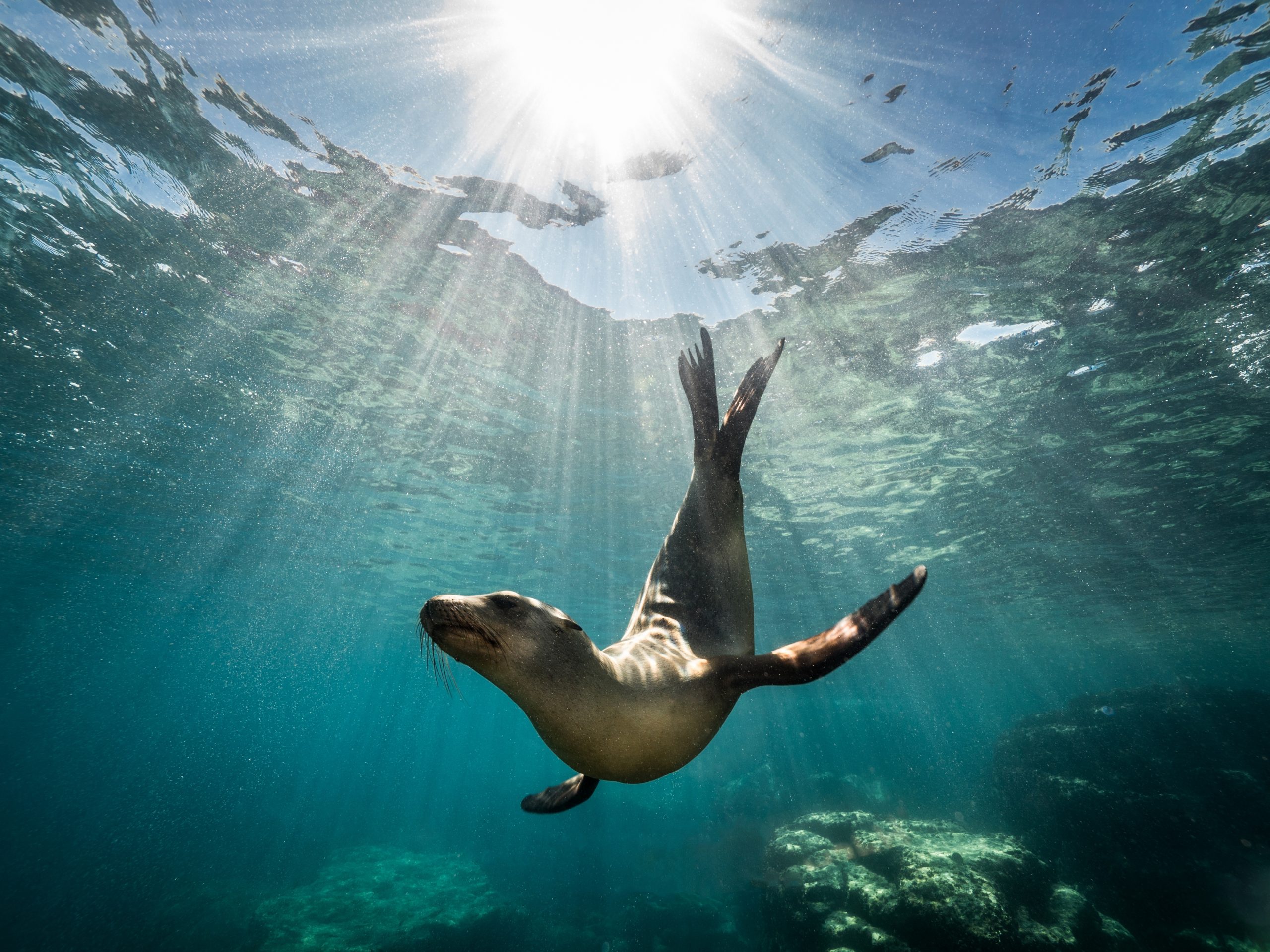
Action Groups
The Ocean Panel is pairing its action agenda with multi-stakeholder, responsive action, through groups consisting of diverse entities from the public, private, financial, research and civil society sectors.
Given the multisectoral nature of many ocean issues, no recommendation could possibly be realised through the actions of just one entity or even just one sector. Collaboration and collective action is key, which is why the Panel has fostered the formation of coalitions and partnerships in response to the Ocean Panel’s ‘Call to Ocean-based Climate Action‘ and Transformations. There are currently eight multi-stakeholder efforts that accelerate, scale and finance ocean action—operating at tipping points where collaboration will help achieve the results desired in a sustainable ocean economy.
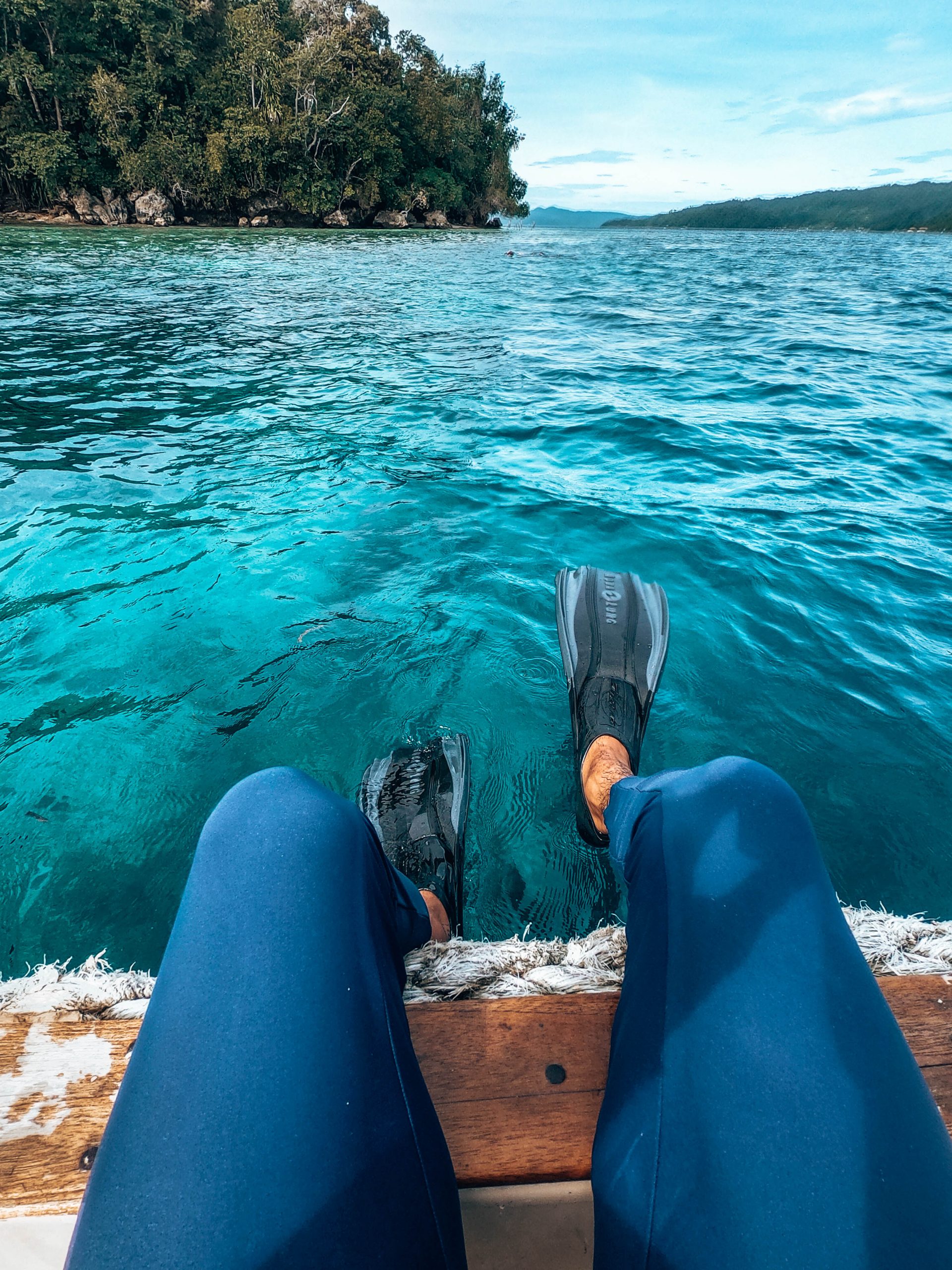
Ocean Action 2030
This global coalition is made up of leading institutions that are dedicated to providing the technical and financial assistance that countries may need to develop and implement their Sustainable Ocean Plans.
The coalition formally launched in December 2021 to coincide with the publication of the Ocean Panel-commissioned guide, ‘100% Sustainable Ocean Management: An Introduction to Sustainable Ocean Plans’.

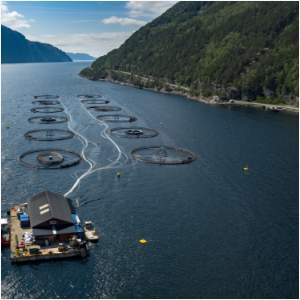
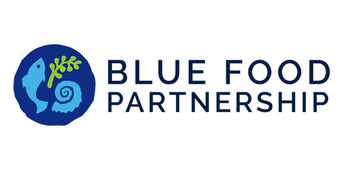
Blue Food Partnership
Launched in September 2021, the Blue Food Partnership aims to catalyse science-based actions towards healthy and sustainable blue food value chains by integrating the critical role of blue food in sustainability narratives at a policy level in international fora; and identifying and scaling pre-competitive initiatives on priority blue food topics. A major milestone was the delivery of a Sustainable Aquaculture 2030 Roadmap in March 2023.


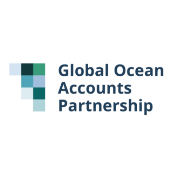
Global Ocean Accounts Partnership (GOAP)
Formally launched in July 2020 to coincide with the publication of the Ocean Panel-commissioned Blue Paper, ‘National Accounting for the Ocean and Ocean Economy’, this initiative seeks to help ocean nations develop and maintain national accounting systems that integrate available social, economic, and environmental information about their ocean and ocean economy.



Tourism Action Coalition for a Sustainable Ocean (TACSO)
Launched in May 2021, the Tourism Action Coalition for a Sustainable Ocean (TACSO) brings together businesses, the financial sector and non-governmental organisations to lead the way towards a sustainable tourism ocean economy. The coalition will serve as a knowledge hub and action platform to drive sustainable coastal and ocean-based tourism.

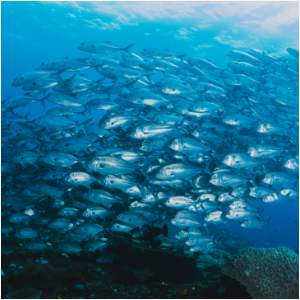
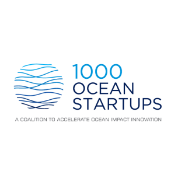
1000 Ocean Startups
This coalition seeks to accelerate Ocean Impact Innovation by bringing together incubators, accelerators, competitions, venture capital firms and match-making platforms from around the world to back ocean startups and help them scale. These startups are focussing on using ocean resources sustainably, addressing pollution and tackling climate change. The coalition is committed to backing at least 1000 transformative ocean startups by 2030.

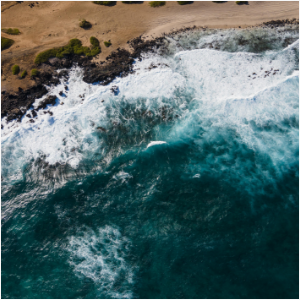
Ocean Data Action Coalition (ODAC)
Launched in December 2020, ODAC’s vision is a globally shared data revolution that will contribute to sustainable ocean management worldwide. ODAC will build bridges between ongoing multilateral programs within the framework of the UN Decade of Ocean Science for Sustainable Development, countries, and key players in business and industry to unlock and share ocean data.

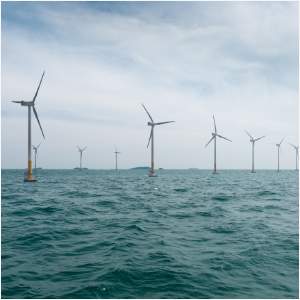
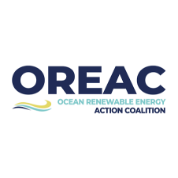
Ocean Renewable Energy Action Coalition (OREAC)
This industry-led initiative sought to accelerate the deployment of offshore wind and other ocean-based renewable energy. It responded to the ‘Ocean Panel’s Call to Ocean-Based Climate Action and the Transformations with a report, comprising a roadmap and toolkit, to aide governments in the ambitious path to clean energy

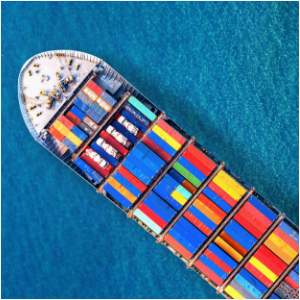
Shipping Decarbonisation Action Coalition
This Action Coalition was formed to amplify and accelerate existing decarbonisation efforts, which aligned with the goals outlined in the Ocean Panel’s Transformations. In June 2022, the coalition developed and agreed upon a roadmap targeted towards industry and government to enable the full decarbonisation of marine transport — both domestic and international — by 2050 and ensure zero emission vessels (ZEVs) are commercially viable by 2030. It comprised the Global Maritime Forum, Norwegian Shipowners Association, UN Global Compact, Pacific Blue Shipping Partnership and the French Maritime Cluster, and represented stakeholders across industry and government.



